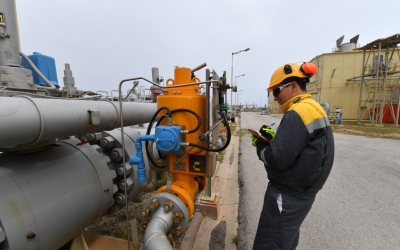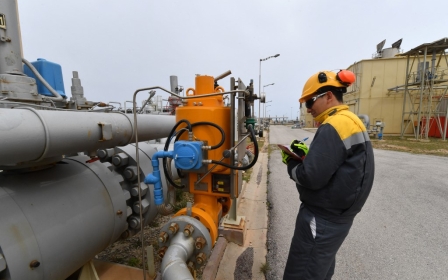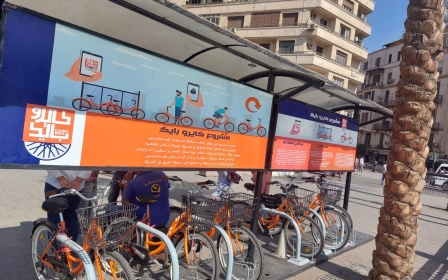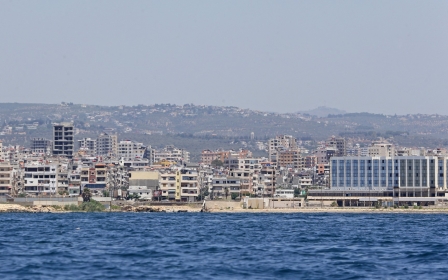Arabic press review: Egypt to create aerial buffer zone inside Libyan territory
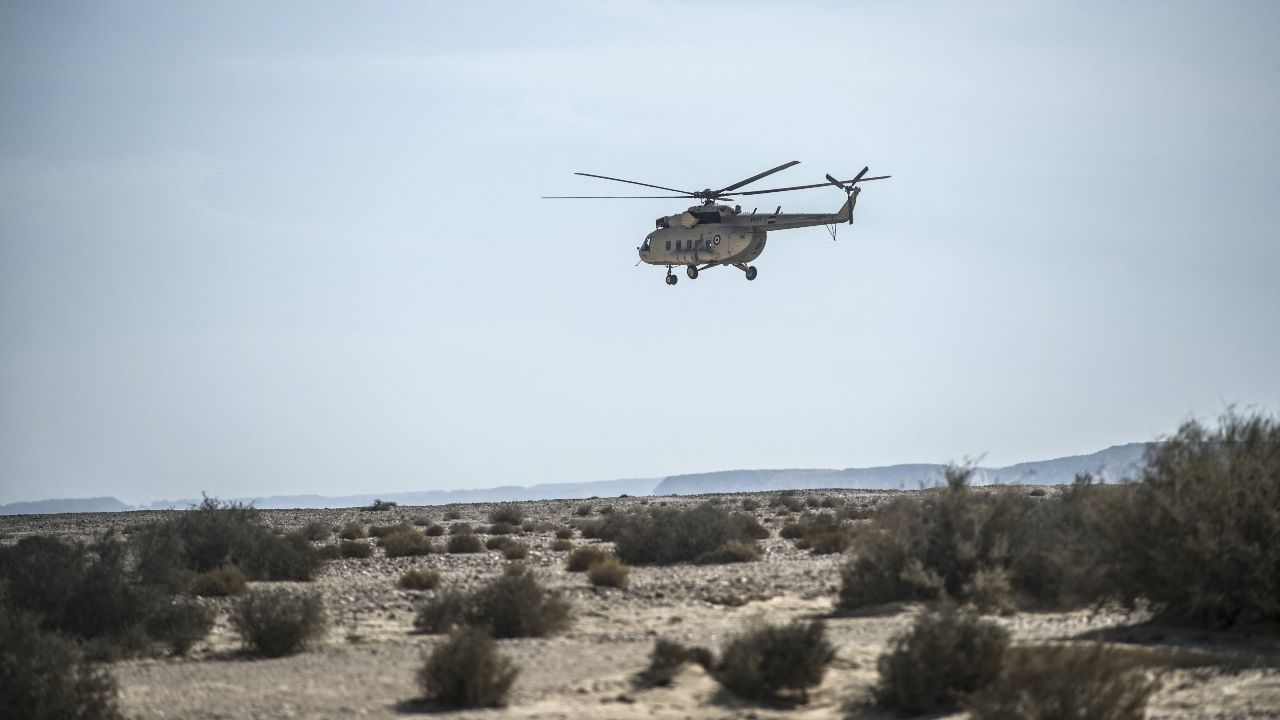
Egypt to launch air surveillance of Libyan border
Egypt is seeking to establish on its western border an aerial buffer zone of at least 15km inside Libya to prevent the flow of weapons and to stop smuggling inside Egyptian territory, according to Arabi21.
Military expert Adel Abdel Kafi told the website the buffer zone would range from 15km to 20km, and was being implemented unilaterally without coordination with the forces of General Khalifa Haftar, whose forces currently control the border in Libya.
Abdel Kafi said the buffer zone would be maintained via continuous air surveillance, so that anyone entering the area could potentially be targeted by fighters or helicopters.
Libyan TV channels and websites claimed this week that the Egyptian air force had on Wednesday carried out air strikes seven kilometres inside Libyan territory, targeting six military vehicles and leaving four members of Haftar's border guard dead.
New MEE newsletter: Jerusalem Dispatch
Sign up to get the latest insights and analysis on Israel-Palestine, alongside Turkey Unpacked and other MEE newsletters
Tunisian stores restrict sales of basic foods
Dire economic conditions in Tunisia have forced major stores and supermarkets to restrict food sales as prices continue to increase daily, according to a report published by Al-Araby Al-Jadeed.
Stores owners have been forced to impose restrictions on the sales of basic goods such as sugar, vegetable oil, water, milk and coffee due to low stocks, according to the London-based newspaper.
Under the restrictions, alerts have been placed on shelves limiting the quantity of some products to no more than a can or two at the most.
According to the newspaper, the shortage of commodities has became a new reality in Tunisia, with conditions worse than during the revolution in January 2011 or the quarantine that followed the Covid-19 pandemic.
Ahmed al-Wahaishi, an official at the government's sugar production factory who is in charge of storage warehouses, said it was the first time in the history of the factory that it did not have any strategic stocks of sugar after they had been sold entirely to meet the needs of consumers and manufacturers.
Wahaishi said the strategic stock had stood at between 4,000 and 7,000 tonnes.
The official said the crisis was an inevitable result of a failure to renew equipment at the government's only sugar factory and the country's continued dependence on imported sugar, whose price has risen globally to record levels.
Rawda al-Tabarsuqi, the head of a family of five, told Al-Araby Al-Jadeed: "We are paying in instalments for most of the food supplies because we find it difficult to obtain them with the decline of income."
She added that Tunisians are facing an unprecedented situation, saying she was not accustomed to seeing citizens having to go on a journey in search of bottles of water, sugar or yoghurt.
"It is a shocking matter," she said.
Call to prevent return of Syrian refugees from Lebanon
Thousands of Syrian refugees in Lebanon fear government authorities will force them to return home, potentially putting their lives in danger.
Lebanon's caretaker government has announced that it has started implementing a plan to return Syrian refugees, after registering the names of the first group that will leave the country in the coming days.
According to media reports, the authorities plan to return 15,000 refugees per month.
Speaking to the Al-Quds Al-Arabi newspaper, Fadel Abdul Ghany, the director of the Syrian Network for Human Rights, rejected Lebanon's talk of a "voluntary" return and said that "what is happening is a forced return of the refugees, which is a violation of international law", although Lebanon has not ratified the UN's Refugee Convention.
Abdul Ghany said any return threatens the lives of the refugees since the majority are wanted by Syria's security services, noting that "the regime's security services do not announce the names of the wanted, as the arrests are mainly executed without obtaining judicial orders".
He said he held Lebanon responsible for preserving the lives of refugees, and called on the international community and UN agencies to increase pressure on Beirut to prevent it from implementing the return.
Abdul Ghany said the reasons that Syrians had left their country were still in place, with the government still in power, and that it was not possible to hand over "the victim to the executioner" under the pretext of the economic and social pressure that Lebanon invokes to justify the return the refugees.
Lebanon hosts about 1.5 million refugees, 880,000 of whom are registered with the UNHCR, the UN refugee agency.
*Arabic press review is a digest of news reports not independently verified as accurate by Middle East Eye.
Middle East Eye delivers independent and unrivalled coverage and analysis of the Middle East, North Africa and beyond. To learn more about republishing this content and the associated fees, please fill out this form. More about MEE can be found here.


